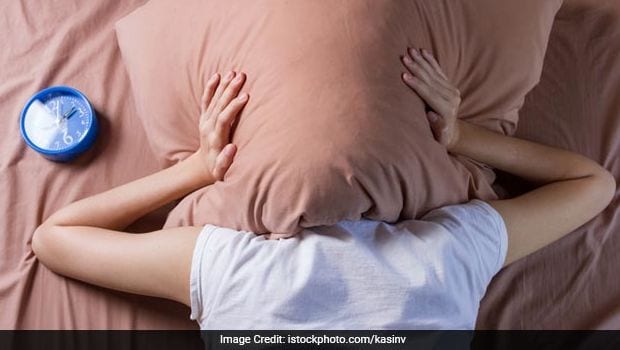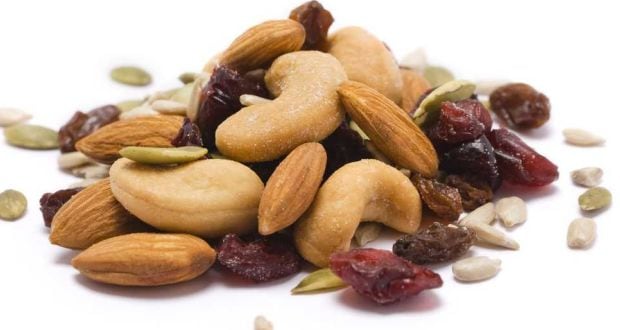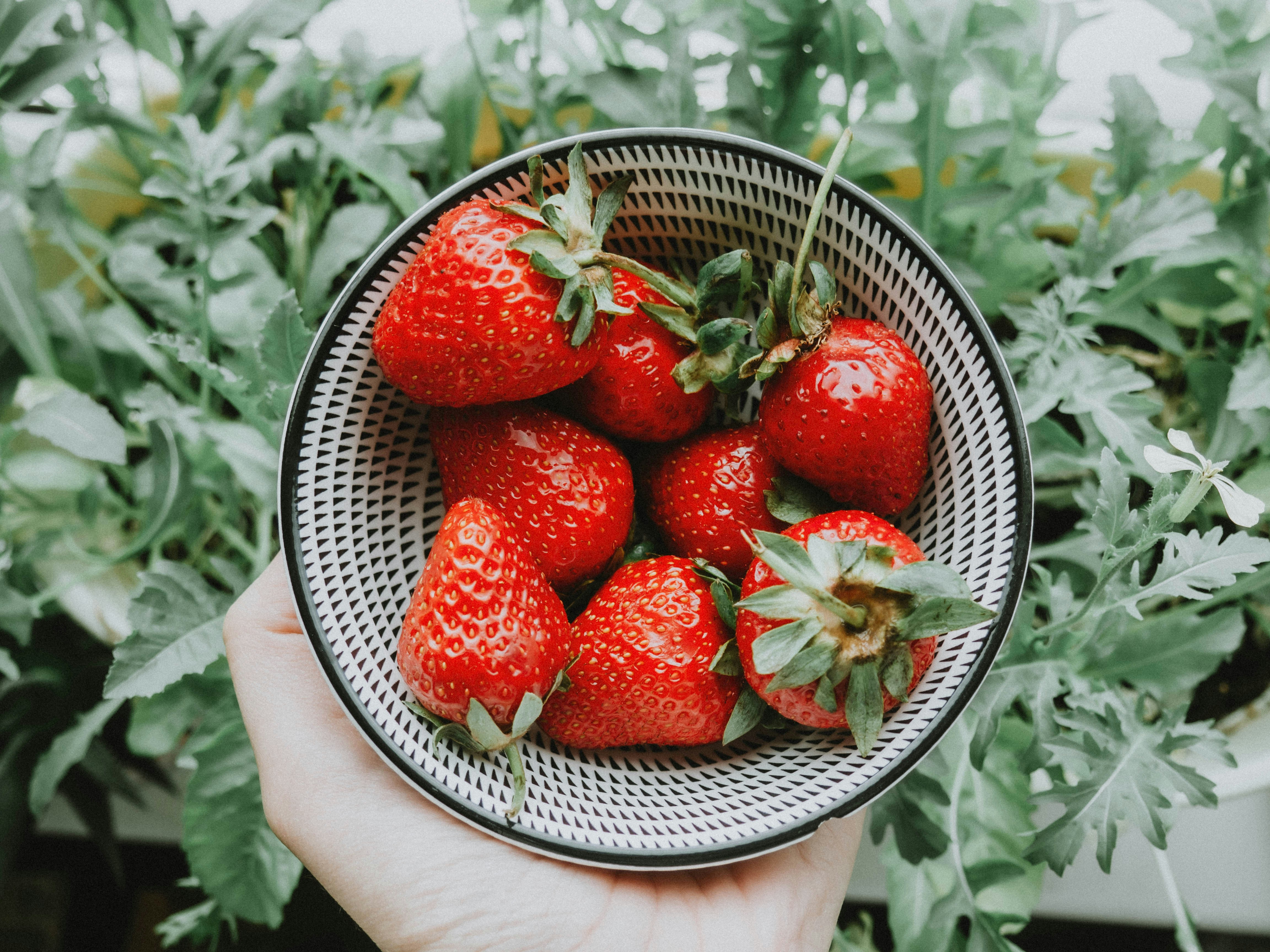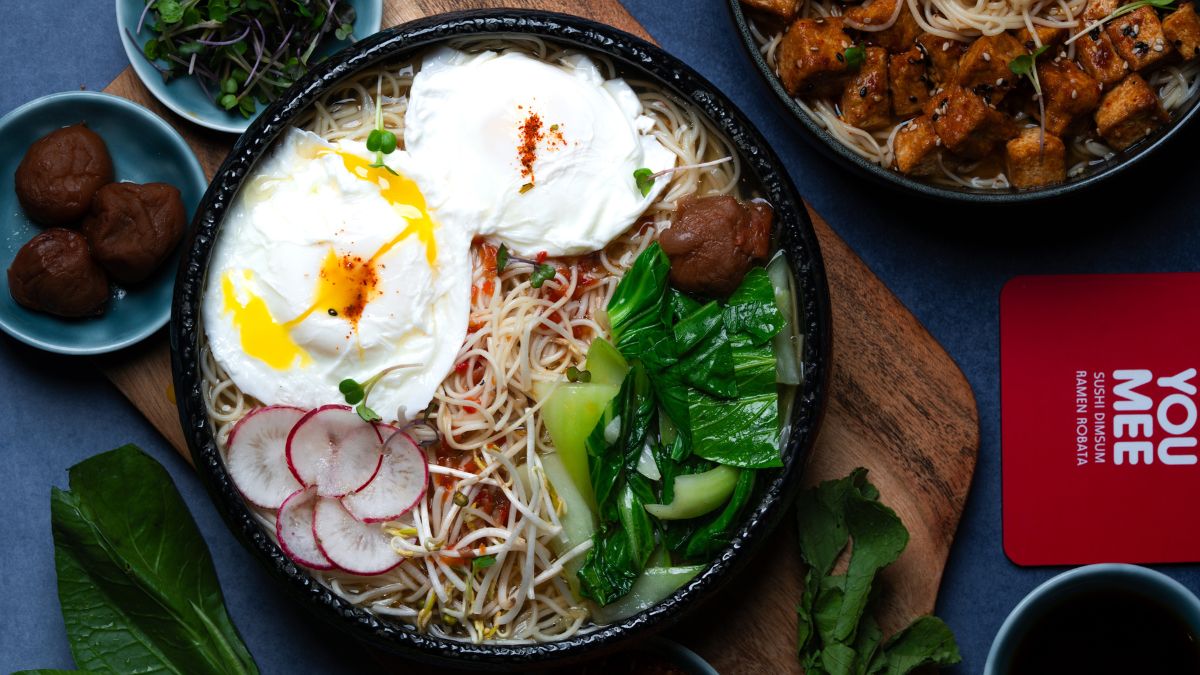1. You are sleep deprived
If you are deprived of a goodnight's sleep, there is a chance it may be leading to surging levels of ghrelin, a hormone that stimulates appetite. A restless sleep also decreases the levels of leptin, a hormone causing feeling of fullness. Also, after a poor sleep, you are likely to wake fatigued and weary, and in a desperate attempt by your body to shoot up energy levels you crave for more food, even if you are not hungry. So you must sleep for at least 7-8 hours to have your energy levels back on track.

If you are deprived of a goodnight's sleep, there is a chance it may be leading to surging levels of ghrelin2. You are dehydrated
Dehydration can be one of the biggest reasons for excessive hunger pangs; simply because your body needs some kind of fluid. But here instead of drinking water you tend to grab a pack of junk as the hypothalamus, the part of the brain that regulates appetite and thirst gets confused due to loss of fluid. So it is imperative to drink water first thing in the morning and a few glasses more throughout the day to ensure you stay hydrated.

Dehydration can be one of the biggest reasons for excessive hunger pangs
3. You are stressed out
Emotional eating is a common but concerning issue. Whether it is a personal or a professional problem, the stress you are dealing with is directly proportional to hunger. When you are tense, your body ramps up the production of stress hormones adrenaline and cortisol. These elevated levels trick you into thinking that your body is in need of energy and so your appetite starts to work up. Try and divert your mind when you are stressed and instead focus on things that you would like to do.

Emotional eating is a common but concerning issue4. You are eating way too many carbohydrates
Ever wondered why you feel like having another bite of that cake when you have already had enough? As you eat these sugary carbs, your blood sugar level spikes up. The fluctuation in the blood sugar is the major cause of hunger, so all you need to do is to get your carb content from foods that also have lot of fiber in them. Foods like apples, almonds, chia seeds and pistachios can help.

As you eat these sugary carbs, your blood sugar level spikes up
5. You are eating low fat
Unsaturated fats have been linked to feeling fuller for longer. So, if you are satisfied in your meal, you would more likely listen to your hunger cues and not eat again till you are actually hungry. But if you are eating a diet with low fats, you may not feel satiated and hence, may feel hungry time and again. Load up more on healthy fats like nuts and seeds, eggs, fish, cheese, dark chocolate, et al.

Unsaturated fats have been linked to feeling fuller for longer6. You are not eating enough protein
Protein is known to provide energy and further keep hunger at bay. Health experts have always advised to include more protein in your breakfast so you can feel satiated through the day and wouldn't need to eat extra unless hungry. Include more eggs, lean meat, whole grains, Greek yogurt and others in your diet.

Protein is known to provide energy and further keep hunger at bayIf these neglected things are taken care of, it wouldn't be difficult to stay satiated through the day without having to feel hungry at odd hours.








